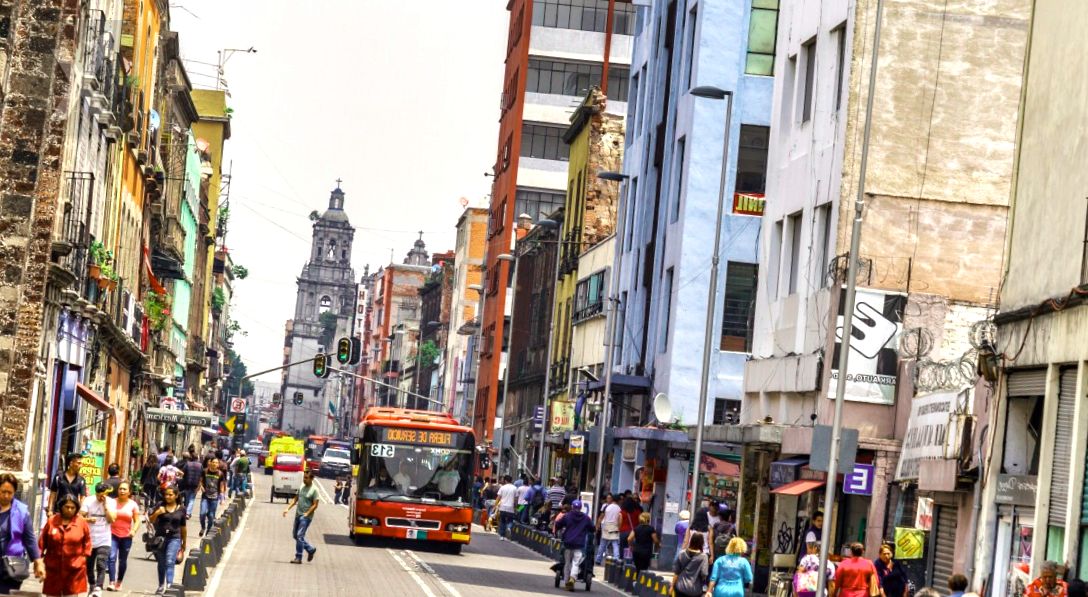Challenges and Opportunities for Business in Mexico towards 2025

According to Coparmex, this year is crucial for the country as it faces an economic landscape full of contrasts. A review of the USMCA is anticipated, along with dealing with a crisis of insecurity and the challenge of providing legal certainty, although there are also opportunities for development. Despite projections for economic growth in 2025 pointing to a notable slowdown, averaging 1.2%, the reconfiguration of supply chains and nearshoring present an exceptional occasion. "However, it is essential that economic growth goes hand in hand with the well-being of the people." Therefore, the Inclusive Development Model (IDM) proposed by Coparmex is vital for progress.
Regarding the USMCA, there is a strong emphasis on the need to implement policies that not only spur growth but also ensure that its benefits reach micro, small, and medium enterprises (MSMEs), which make up 99% of businesses in Mexico and generate 65% of employment. "To achieve this, it is crucial to formalize the economy, tackling the alarming informal employment rate that currently affects 54% of the occupied population. This will allow more businesses to join the formal market, improving their competitiveness and access to resources, along with their contributions to the country’s economy and finances," states Coparmex. It also highlights the importance of fostering regional growth for inclusive development. "We agree with the federal government’s proposal to establish welfare hubs that promote strategic sectors and encourage growth across all regions of the country. In this regard, Coparmex will collaborate with our 71 Business Centers to promote local agendas that attract and retain talent and investment." Business leaders believe that the USMCA is one of the main bets for the country's development, although it also poses significant challenges. Juan José Sierra Álvarez, president of the organization, mentions that the review of the USMCA, set to begin in 2025, brings both opportunities and risks, especially regarding energy issues, judicial reform, and the implementation of pending constitutional reforms. Additionally, the elected president of the U.S., Donald Trump, has indicated that crucial issues for the relationship between the two nations will include migration, drug trafficking, and trade relations with China. "As the business sector, we must be ready to support the government of Mexico in facing these challenges by presenting constructive proposals that strengthen the competitiveness of the country and ensure compliance with our international commitments." In terms of security, it continues to represent the greatest challenge. According to DataCoparmex, one in two business owners has been a victim of some crime, demonstrating the severity of the insecurity affecting economic activity and people's daily lives. The perception of insecurity has increased, becoming the primary concern for the business sector. Without an environment that fosters well-being, investments will not materialize, businesses will struggle to perform at their best, and the welfare of the population will be at risk. In the first two months of the current administration, 5,160 homicides (including intentional homicides and femicides) have been recorded, a figure that surpasses the historical average for a similar timeframe since crime statistics began being recorded.
It is vital for businesses, in collaboration with the government and other sectors, to focus their efforts on creating a safe and attractive investment environment. Only then can we transform the opportunities provided by the USMCA and other mechanisms into concrete benefits for the population, ensuring sustainable growth and economic development that includes all Mexicans. Collaborative efforts among the various economic actors will be key to moving in the right direction and overcoming the challenges ahead.






